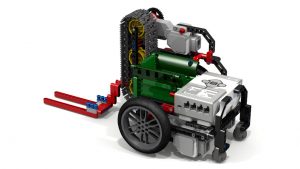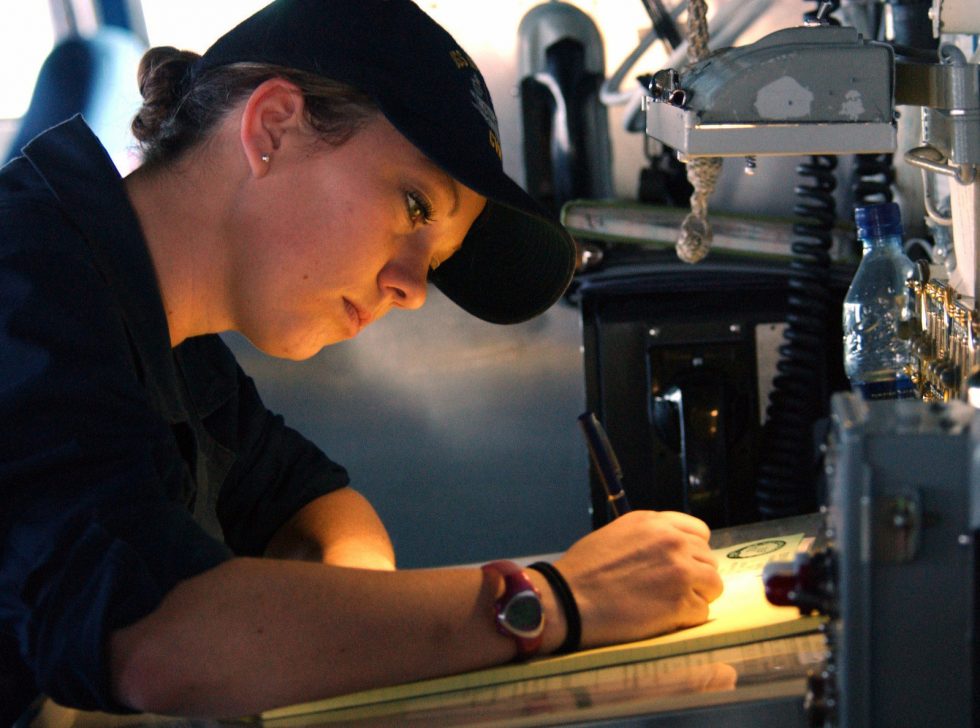Battery technology has come a long way from the early days of automation when vehicle owners and mechanics would test how much charge a battery had by provoking a spark from it – something that would be lethal with today’s vastly improved batteries.
In fact, so far have we come, that batteries are now smart enough to let their users know when there is a problem and can even take steps to reduce risks to the battery and the vehicle that it is powering. Let us have a quick look through the history of the technology.
Old vehicle batteries were large, heavy affairs that were not terribly effective. This was not too much of a problem as batteries were only used to fire the ignition and run the lights and (if included) the radio. These batteries could be problematic in extreme cold, losing their charge, and they would run down fairly quickly if, for example, the lights were left on when the engine was not running to top up the charge. These batteries could leak corrosive acid if poorly maintained and they could malfunction. If a malfunction was not picked up and the battery was put onto charge, this could result in an explosion with potentially severe consequences.
Fortunately, recent advances in technology – mostly computer-based like smartphones, tablets and ever-shrinking laptops – have pushed research and development in battery technology to advance along with it, and huge strides have been made. This is why smartphones can last for days while housing a battery not much bigger than a narrow stack of credit cards – and that is just one example!
Batteries work through an exchange of chemical components, usually with two different elements (most often metals) as the body of the battery. Electrolytes move from one element to the other, usually through some kind of fluid. The result was batteries that worked and could hold their charge long enough to power tools and machinery – but that needed to be placed upright and not disturbed lest the acidic fluid leak out. Scientists experimented with combinations of lead, zinc, nickel, cadmium, iron, carbon and platinum, and eventually came up with dry cell battery technology that did not require the presence of the liquid electrolyte.
Zinc-carbon batteries revolutionised life, powering small portable devices like music systems and toys. They could now be moved freely, rather than having to be kept still, and their uses multiplied exponentially. However, vehicle batteries were still big, heavy, and filled with liquid – zinc carbon batteries simply could not provide the power needed to start a combustion engine…
What is Special About Li-Ion Batteries

Lithium-ion batteries were first theorised in the 1970s, and once the technology was perfected, which took many years, until 1996, they quickly replaced regular zinc carbon and lead batteries. Experiments with metal lithium were quickly discontinued when it was found that the highly reactive nature of lithium caused the batteries to auto-ignite periodically. Instead, compounds of lithium were found to have enough lithium ions to create the desired charge. Lithium-ion batteries – known more familiarly as Li-ion batteries – are smaller and lighter than traditional batteries, and they can hold their charge for up to three times longer than those big, heavy traditional batteries.
This is not to say that Li-ion technology is perfect: on the contrary without overcharge protection (for more about this, see below) the battery can malfunction. Likewise, if pressurised or if charged while damaged or suffering a malfunction, the battery can, under the right conditions, explode.
But these risks are lower in Li-ion technology than they were with traditional batteries, and their advantages go beyond the superior charge-holding capacity. Memory effect is a term used when a battery begins to lose efficacy, holding less and less of a charge over time. This can mean that new batteries have to be bought every so often, pushing up the costs of the business, and sometimes leading to delays when jobs cannot be completed in a timely fashion because vehicles cannot operate until their batteries are replaced.
The term for the usable power offered by a battery is called ‘energy density’ and Li-ion technology offers batteries with very high energy density. This simply means that the amount of power that is stored in a Li-ion battery is considerable and that almost all of it can be extracted from the battery before it needs to be charged. The battery will keep working at full efficiency until it is very low on charge, which means that each battery works well for long periods of time.
The optimum temperature range for Li-ion battery usage is between five and forty-five degrees centigrade which is ideal for most places on earth. It is believed that charging at this temperature is what enables Li-ion batteries to recharge so quickly. If the battery, or rather the forklift in which the battery is housed, is to be used in a region where temperatures regularly exceed forty-five degrees or drop lower than five degrees, steps may need to be taken to regulate the batteries’ temperature to ensure the trouble-free operation of the machine.
Because Li-ion technology is quite sensitive to overcharging and damage issues, manufacturers now equip them with a battery management system, so that the battery’s smooth operation can be monitored and any problems can be picked up and resolved quickly.
What is a Battery Management System?
Battery management systems, as mentioned above, are basically monitoring systems to evaluate how efficiently a battery is working and to pick up any irregularities in its operation. This is vital for Li-ion technology as the batteries are quite sensitive to being overcharged. While traditional batteries will take a full charge and then stop charging, Li-ion technology continues to absorb the current. This has the same effect, metaphorically, as overfilling a water balloon – the result is an explosive release of the extra content! Therefore, Li-ion batteries have overcharge protection which warns the user if the battery is at capacity. Battery management systems can also contain a switch that can release the battery once charged to capacity, to prevent continued charging from damaging the battery – think of it as being like a circuit breaker or a fuse cutting out to prevent damage to the system as a whole.
Battery management systems can monitor almost everything that the battery does, ensuring that temperature is regulated, that power output is kept even and that the pressure that the battery is under does not exceed advisable limits. These systems can even pick up the fact that the battery may have shifted and may be discharging its current incorrectly, for example into the conductive body of the vehicle where it can cause harm to the operator and other people around the machine.
Battery monitoring systems are a mechanic’s friend, helping to ensure that the business’ vehicles keep running smoothly and safely. The better the system works, the more productive the vehicle can be and the lower its operating costs will be.
All EP Li-Ion forklift trucks and pallet trucks, such as our world-famous electric pallet trucks, have a BMS System developed and produced by EP Equipment on board.
How Do These Combine with Forklift Technology?

The combination of Li-ion battery technology and battery management systems work well with light vehicles such as forklifts. While the initial outlay may be a little higher than a traditionally operated forklift, one with Li-ion battery technology will very quickly pay for itself, and here is how:
There is no need for lengthy maintenance processes. These batteries do not need to have their water levels topped off, and nor is there any need for charging stations. Traditional batteries required regular servicing, frequent water top-ups and took a long time to charge – several hours being standard.
With Li-ion batteries, one forklift can operate almost around the clock, even in businesses that run a three-shift twenty-four-hour cycle. The recharge of a Li-ion battery takes mere minutes and can happen while the operator is taking his or her legally mandated break. The forklift can fully recharge and be ready to go again in as little as fifteen to thirty minutes.
This saves downtime on the forklift, which can have an enormous impact on productivity. If a forklift is down, this means that one person is trying to get it patched up or repaired, while another has to be paid to use a different forklift to perform the necessary tasks. The costs of frequent repairs can add up enormously, chewing into profitability. Adding dual wages to be offset by the work done can soon mean that all profit is lost.
Losing that downtime and keeping all the forklifts operating for the maximum amount of time without losing any productivity can quickly see the cost of a Li-ion battery-operated forklift amortise, being quickly absorbed by the increase in productivity and profitability.
Being able to work well throughout their whole shift, and not needing to stop to try and repair their vehicle can improve the morale of the forklift operator – and happy workers are automatically more productive workers, studies have shown!
If you are in the market for a new forklift, why not consider making the change to Li-ion technology? It will not be long before you are more than satisfied with your decision!



